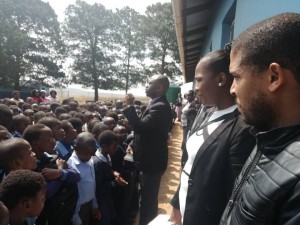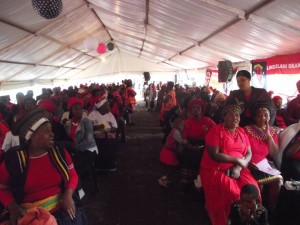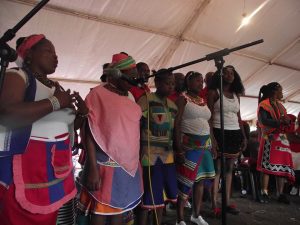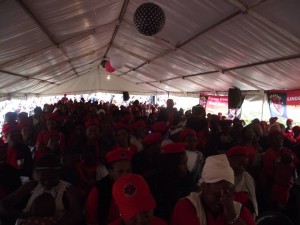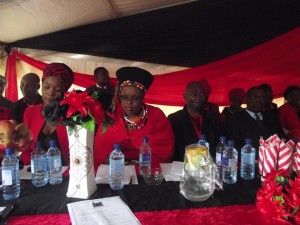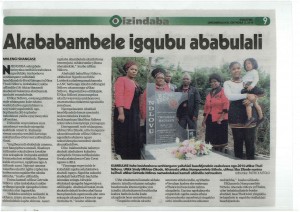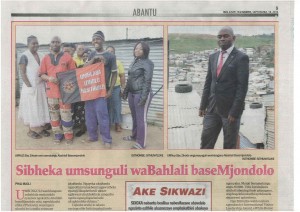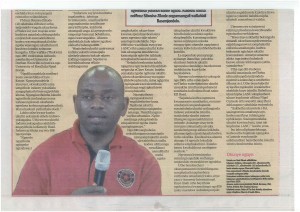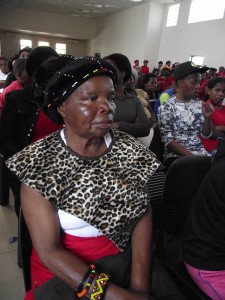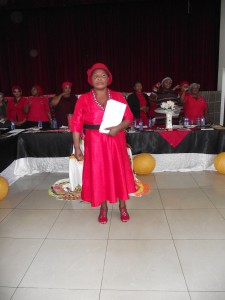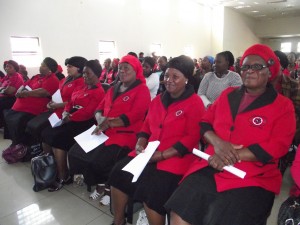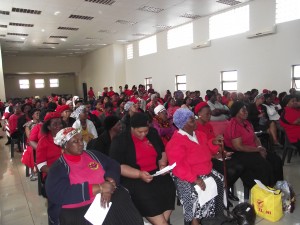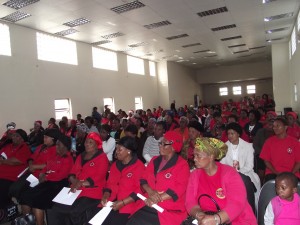The languages of xenophobia in post-apartheid South Africa: Reviewing migrancy, foreignness, and solidarity
by Camalita Naicker, Agenda: Feminist Magazine
This open forum piece argues that the language and discourse of xenophobia is a shared experience among people who are seen and constructed as being from ‘elsewhere’ in four different provinces in South Africa. It suggests that use of xenophobic discourse and language, the precarious nature of living conditions, labour conditions and restricted access to citizenship rights from the State, are experienced by all people who are categorised as ‘migrants’
internally, and those described as ‘foreigners’ or ‘refugees’ by Government officials.
What this open forum piece will also show is that the Pan-Africanism and collective ideas of freedom, struggle and resistance or ‘bonds of solidarity’ among migrant labourers, both from other countries as well as the former Bantustans during the struggles against apartheid, should not be confined to a nostalgic past, but seen as very much present in South Africa today. This solidarity is perhaps not so much about a shared history of struggle against colonialism and apartheid, although this too may be extant, but is rather informed by a shared present
where some are seen as citizens with freedom of movement and access to services from the State, while others are excluded. The notion of citizenship, then, becomes refracted, not merely through the making of the new categories of ‘foreigners’ through labour migration, but also through deeply raced and classed discourses which inform who is viewed as a migrant and who is not.
Attachments

The Languages of Xenophobia

